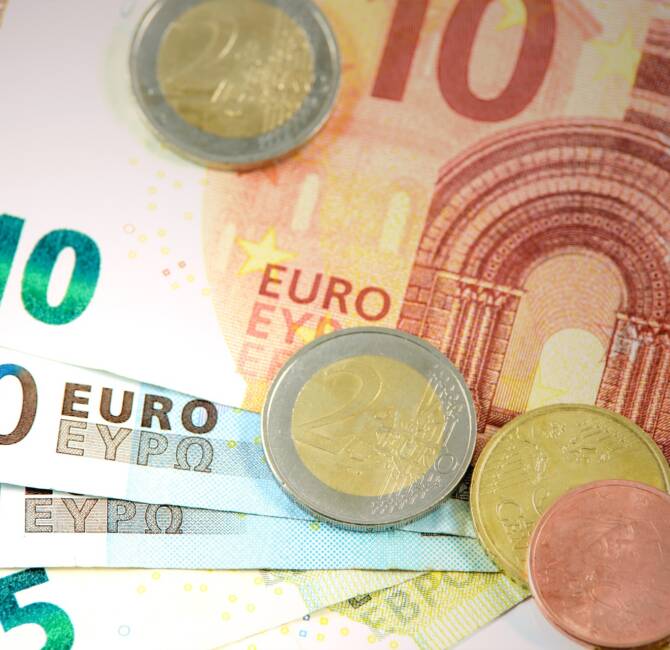Czechia/Hungary – The Visegrád Group appeared for many years as a more or less politically cohesive entity, representing the specific interests of Central Europe against Brussels’ efforts at imposing leftist liberal ideologies upon the whole EU and its drive for ever more powers at the expense of member states. However, the recent election of centre-right liberal governments in both Bratislava and Prague as well as, above all, the war in Ukraine have been sowing dissension between the Visegrád Four of late.
A battle of “good against evil”
The war in Ukraine is promoting, both in the West and in Russia, the development of wartime black-and-white thinking, where each camp is convinced it is on the side of good in the battle against evil. This is precisely what Hungarian PM Viktor Orbán warned against in his “State of the Nation” address in February.
Slovakia and Czechia’s new liberal governments view Russia’s war in Ukraine in much the same way as Poland’s conservative government. Nevertheless, if Poland’s past experiences with Russia and the history of relations between Poland, Russia, and Ukraine make a different vision almost impossible to envisage in that country, it is not necessarily the case in the other countries of the Visegrád Four. The openly pacifist and neutralist vision of Viktor Orbán’s government, even if it has its supporters among the peoples of the Old Continent, is nonetheless very isolated, even within the V4.
Hungary stepping out of line
The newly-elected Czech president, Petr Pavel, who will take office on 9 March, recently recalled during a debate at the Café Evropa in Prague that
“Hungary has been going its own way for a long time.”
What is new about the Czech president-elect’s declared stance is that he also said, in the presence of European Commissioner Věra Jourová, a long-time opponent of Hungarian interests who was also participating in the discussion, that this is bound to have consequences for the Visegrád Group’s functioning:
“If we cannot agree on fundamental issues, such as the relationship with Russia and Ukraine, this is a fundamental problem for the Visegrád Group.”
Such a statement is in line with what Petr Pavel said to the TASR news agency at the beginning of February: “Viktor Orbán has changed a lot. [… He used to be] a very progressive young liberal … but
the turn that Viktor Orbán has taken since then is almost 180 degrees.”
A door open to renewing the dialogue between Prague and Budapest
But Petr Pavel will not yet slam the door on Budapest:
“We should work to bring these positions together again, if possible, because otherwise we won’t have much relevance as a group.”
It is therefore in this context that Hungarian President Katalin Novák, a “dovish” figure of the “Orbán regime”, travelled to Prague on Friday, 3 March to put the fire out, a mission she already accomplished with some success with her Polish counterpart, Andrzej Duda, in May last year.
Novák hinted at her desire to renew the dialogue as soon as Petr Pavel was elected, writing in her letter of congratulations: “I look forward to working with President [Pavel] and to further strengthening cooperation between Hungary and Czechia within the framework of the European Union, NATO, and the Visegrád Four. (…)
I am convinced that regular consultations will continue to play an important role in strengthening the ties between our countries.”
Czechia, along with Slovakia and Hungary, negotiated with the rest of the EU last year to get an exemption from the embargo on the import of Russian oil. This exemption will be in force until the end of 2023. Beyond their common interest in energy, Czechia remains very attached to regional economic and military cooperation, two areas where the V4 is stronger than ever, despite strong differences on the political front.




